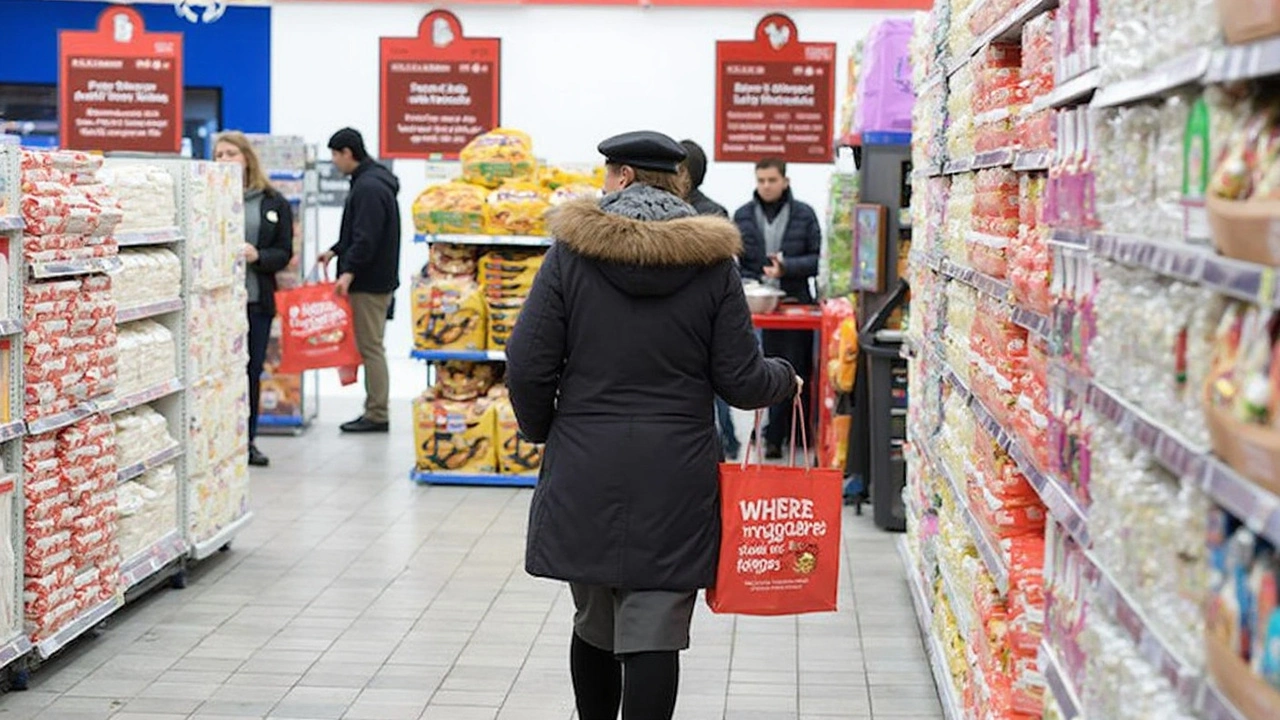Understanding Inflation and Its Impact Across Africa
Inflation is something many of us notice almost daily, especially when prices at the supermarket or fuel station go up seemingly overnight. But what exactly is inflation? Simply put, inflation means the cost of goods and services rises over time, so your money doesn't stretch as far as it used to. For people living in Africa, this can be a big deal since it directly affects day-to-day expenses.
When inflation runs high, the price of essentials like food, transport, and housing spikes, putting a strain on household budgets. For families on fixed incomes or minimum wage, this can mean having to cut back on basic needs or forego certain things altogether. It’s a challenge many face, and understanding inflation helps you prepare and adapt.
Why Does Inflation Happen?
Inflation doesn’t just appear randomly. It usually happens because of several factors coming together. For example, if it costs more to make or import products—say due to higher fuel prices or supply chain disruptions—those extra costs often get passed on to buyers like us. Another reason is if the government prints more money or if demand for goods goes up faster than supply. Sometimes, global events like conflicts or trade restrictions hit economies in Africa hard, pushing inflation even higher.
How Inflation Shapes Africa's Economy
Inflation affects more than just what you pay at the cashier. It influences decisions businesses make about hiring, investing, and selling products. If inflation gets out of control, it can scare investors away and slow down economic growth. Governments also face tough choices when inflation rises—they may raise interest rates to keep prices in check, but that can make loans and mortgages more expensive. Balancing these factors is tricky but vital for a stable economy.
On the bright side, some inflation is normal and even healthy for growing economies. It signals demand and activity, encouraging businesses to expand. The key is keeping inflation steady and predictable. Monitoring recent news and economic reports can help you stay ahead and make informed financial moves.
So next time you notice your usual expenses creeping up, you’ll know it’s likely tied to inflation’s ripple effects. Keeping an eye on economic trends can help you manage your money smarter and understand why prices aren’t standing still.

South Africa Drops VAT Hike: Inflation Eases, but Budget Pain Remains for Low-Income Citizens
South Africa's reversal of the planned VAT increase eases inflation concerns, but the Treasury faces a R75 billion budget shortfall. The revised plan may still hit low-income groups, with spending cuts and new taxes under discussion. Political and legal battles shaped the decision.
